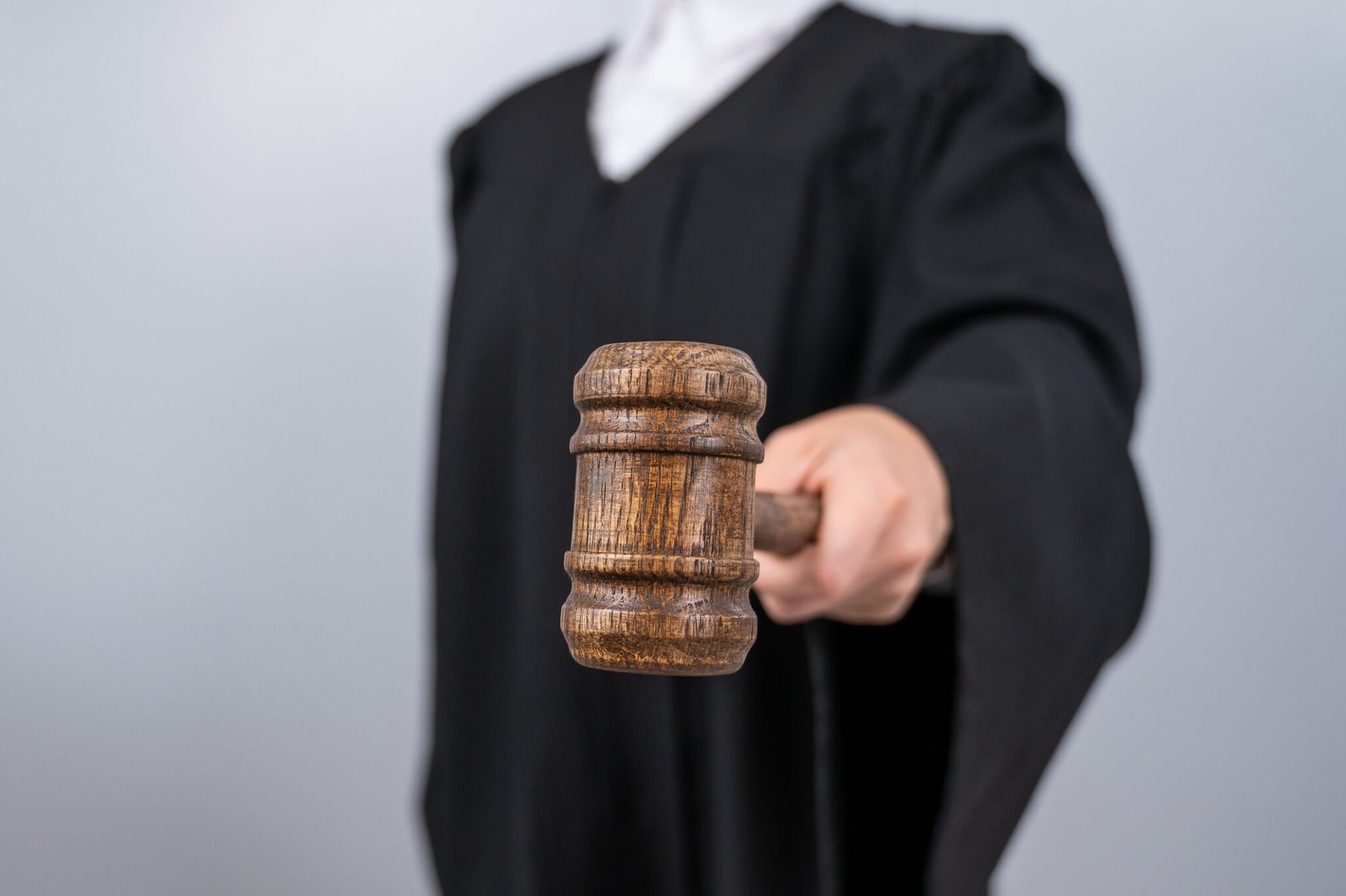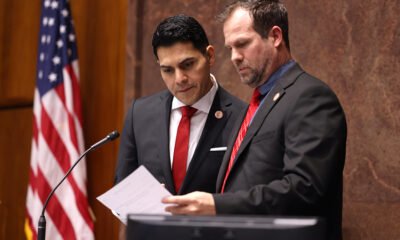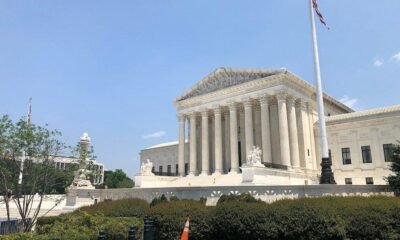2024 election
Court Upholds Vote for Prop. 140, Dismisses Challenge to Open Primaries

A Maricopa County Superior Court judge ruled that votes for a ballot proposition aimed at ending partisan primaries in Arizona will be counted. This decision pertains to Proposition 140, which seeks to amend the state’s Constitution to implement an open primary system. However, the legal battle is far from over.
Opponents, including the conservative Arizona Free Enterprise Club, plan to appeal to the state Supreme Court. Recently, the Supreme Court allowed the ongoing challenge to Prop. 140’s eligibility to extend past the usual deadline for printing ballots, a notable move in election law.
The initiative, branded the Make Arizona Elections Fair Act, proposes enabling all registered voters to participate in primaries regardless of party affiliation. The top candidates from this process would then advance to the general election. This measure has encountered multiple legal challenges, most notably claims that thousands of voter signatures collected to qualify it for the ballot are duplicates.
Initially, Judge Frank Moskowitz did not examine the evidence regarding these signatures, citing time constraints before the ballot-printing deadline. However, the Arizona Supreme Court intervened, instructing him to reassess the potential impact of these duplicates on the initiative’s validity.
In a recent ruling, Moskowitz sided with the measure’s supporters, arguing that an injunction barring the counting of votes for Prop. 140 would be irrelevant, given that challenges to the measure are still unfolding beyond the August 23 deadline for printing ballots. Both the ruling and historical precedents support the necessity of timely judicial decisions on similar challenges.
Although ballots for overseas and military voters are set for dispatch this weekend, early voting for the broader electorate begins on October 9. The court’s decision also emphasized that double-counting invalid signatures, as requested by the challengers, would violate constitutional guidelines.
“This Court is unable to find any rational or other basis for ‘double counting’ invalid signatures,” Moskowitz wrote. Such an action could unjustly elevate the constitutional threshold of voter signatures required for initiatives, infringing upon the voters’ rights.
Moreover, Moskowitz declared that the court lacks jurisdiction to issue an injunction preventing the counting of votes even if the initiative falls short of the necessary signatures, as no provision in the law suggests such a measure is permissible.
Following the ruling, proponents of Prop. 140 expressed optimism regarding its resilience against impending appeals. Sarah Smallhouse, chair of the Make Elections Fair Committee, hailed the decision as a significant victory for Arizona voters, affirming that their democratic process must remain intact against baseless legal maneuvers.
Conversely, the Arizona Free Enterprise Club remains determined to challenge the ruling, asserting that the initiative still fails to meet signature requirements. Club President Scott Mussi insisted that evaluating the situation will reveal the inadequacies in valid signatures needed for ballot qualification.
This ongoing legal saga underscores the complexities of election laws and the contentious nature of electoral reforms in Arizona.








![Mayor Nancy Smith speaks to a crowd during a lunch-and-learn event at the Maricopa Community Center. June 19, 2025. [Monica D. Spencer]](https://arizonanews.org/wp-content/uploads/2025/06/Mayor-Hints-at-Positive-Developments-Before-Tomorrows-ADOT-Vote-400x240.jpg)
![Mayor Nancy Smith speaks to a crowd during a lunch-and-learn event at the Maricopa Community Center. June 19, 2025. [Monica D. Spencer]](https://arizonanews.org/wp-content/uploads/2025/06/Mayor-Hints-at-Positive-Developments-Before-Tomorrows-ADOT-Vote-80x80.jpg)







